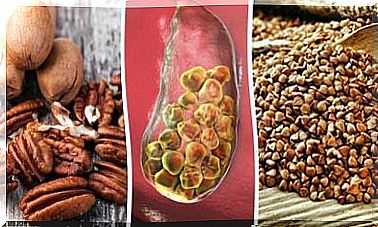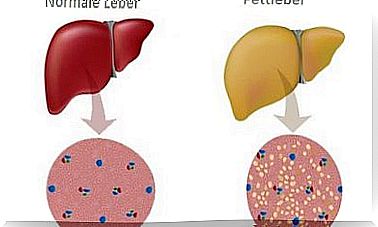Alcoholic Hepatitis: Symptoms, Causes And Treatment
This alcohol-related liver disease is closely related to liver steatosis and cirrhosis, all of which damage the liver.
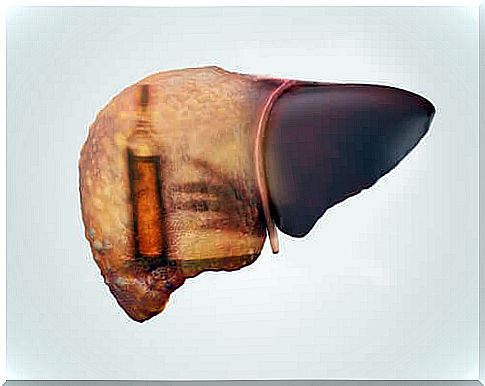
Alcohol is a legal drug that is widely used and tolerated in most countries around the world. However, many underestimate the effects that alcoholic beverages have on the organism in general and on the liver in particular. Today we explain interesting facts about alcoholic hepatitis.
It is severe inflammation of the liver caused by too much alcohol. The development is initially asymptomatic, but leads to irreversible liver damage and is also associated with liver cancer.
It is difficult to determine the prevalence of this disease because it is asymptomatic. But it is known that almost 35 percent of people who are addicted to alcohol suffer from it. Then learn more about alcoholic hepatitis.
Interesting facts about alcoholic hepatitis
Alcoholic hepatitis is inflammation of the liver caused by daily alcohol consumption over a long period of time. It leads to liver damage that can be irreversible if the alcohol addiction is not abandoned.
Scientists assume that the daily consumption of 20 to 60 g of alcohol in men leads to alcoholic hepatitis after 10 years. For women, 20 to 40 g are sufficient. This difference is due to the fact that women tolerate alcohol less than men because they have a lower metabolic capacity.
However, it must also be taken into account that the risk is relative. Even those who consume more alcohol over a shorter period of time run the risk of developing alcoholic hepatitis. Around 15 to 40 percent of those affected also develop advanced liver disease.
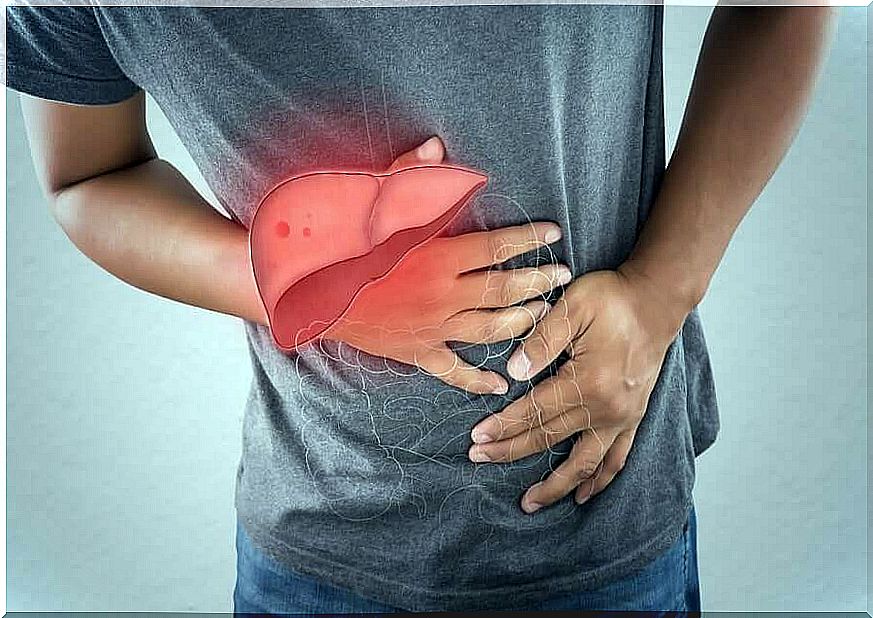
Alcoholic hepatitis: symptoms
This liver disease may or may not be symptomatic, depending on the severity. In the beginning, those affected often feel no symptoms. The alcoholic hepatitis can then only be recognized by a blood analysis.
However, when symptoms do occur, they are often manifested as jaundice. Because too much bilirubin builds up in the blood, the skin turns slightly yellow. Other symptoms include nausea, vomiting, and loss of appetite.
This often leads to malnutrition among affected people. In addition, alcohol also reduces appetite. Therefore, those affected very often suffer from a feeling of weakness and tiredness.
Alcoholic hepatitis: diagnosis and treatment
To diagnose alcoholic hepatitis , the doctor needs to know how much alcohol the affected person consumes each day. He will also usually order various blood tests and an ultrasound scan of the liver. Other imaging techniques are also revealing.
The treatment of the diseased metabolic organ basically consists in stopping alcohol consumption. If this is not enough, corticosteroids can also be used to reduce inflammation. In some cases, a liver transplant is even necessary.
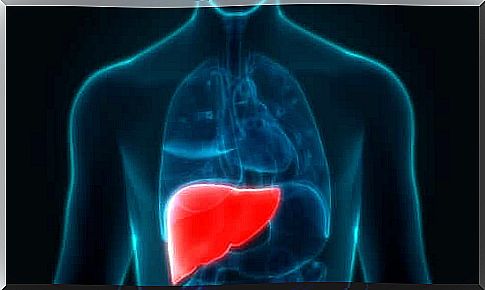
Alcohol is a very harmful drug!
We must be aware that alcohol is a very harmful drug for the body. However, since it is socially recognized, many believe that the effects are not that bad. However, prevention is essential to prevent alcoholic hepatitis.
If you do drink alcohol, the amounts should be very modest. If you have hepatitis C, keep in mind that alcohol increases your risk of more serious liver disease. There are different forms of therapy to get rid of alcohol addiction, which should definitely be used if necessary.

